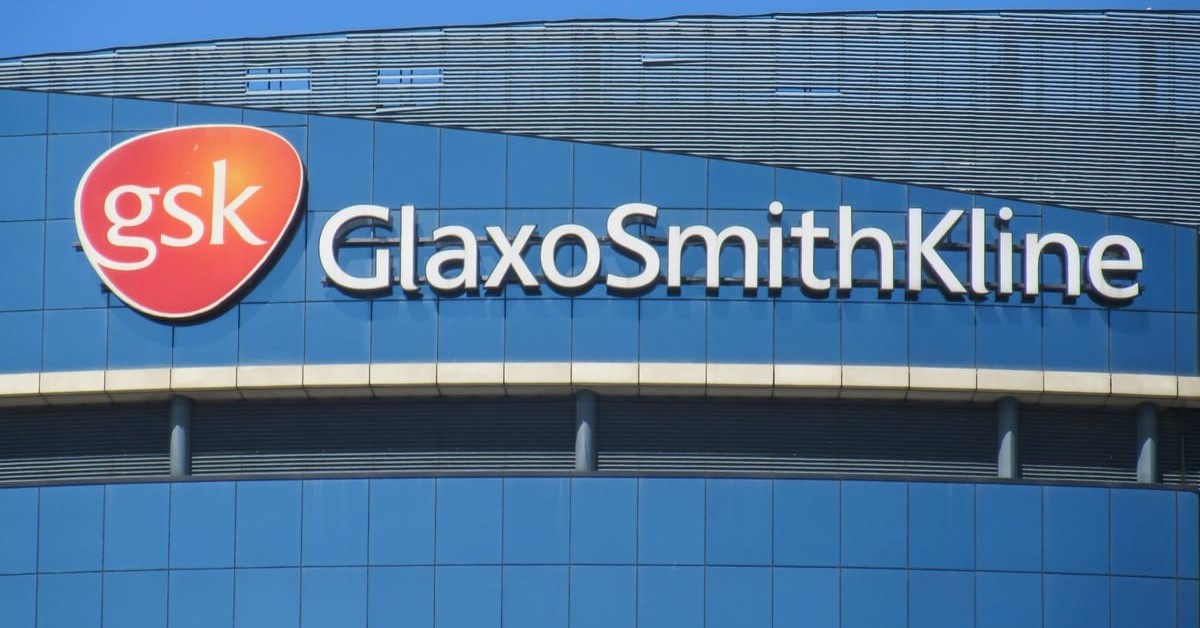
UK – iTeos Therapeutics is officially winding down its operations just two weeks after GSK dropped their jointly developed TIGIT antibody, belrestotug.
The biotech company will now explore strategic alternatives in an effort to return value to its shareholders.
The company had focused much of its recent efforts on belrestotug, an engineered IgG1 antibody designed to target TIGIT (T cell immunoglobulin and ITIM domains).
The drug was under evaluation in two Phase II oncology trials—GALAXIES Lung-201 and GALAXIES H&N-202.
Unfortunately, interim results from both studies showed no improvement in progression-free survival, prompting GSK to abandon the program.
GSK had initially committed up to US$ 2 billion to the partnership, including a US$ 625 million upfront payment and US$ 1.45 billion in potential milestone payouts—none of which will materialize after the clinical failures.
With $624.3 million in cash reserves at the end of March 2025, iTeos announced plans to cut costs and distribute remaining funds to shareholders.
Additional value may come from the sale of its remaining assets, including two Phase I oncology programs—ENT1 inhibitor EOS-984 and anti-TREM2 antibody EOS-215, as well as a preclinical obesity candidate.
According to an SEC filing, iTeos expects to spend up to US$ 24.7 million on employee severance and US$ 11.1 million on terminating clinical programs.
Most shutdown activities are scheduled for completion by Q3 2025, though clinical wind-downs may extend further.
iTeos becomes one of the most high-profile casualties in the struggling anti-TIGIT landscape, where drug failures have outpaced successes.
Other companies, such as BeiGene, MSD, and Roche, have also reported setbacks. Cargo Therapeutics and Third Harmonic Bio have recently announced major layoffs and plans for dissolution.
XRP HEALTHCARE L.L.C | License Number: 2312867.01 | Dubai | © Copyright 2025 | All Rights Reserved